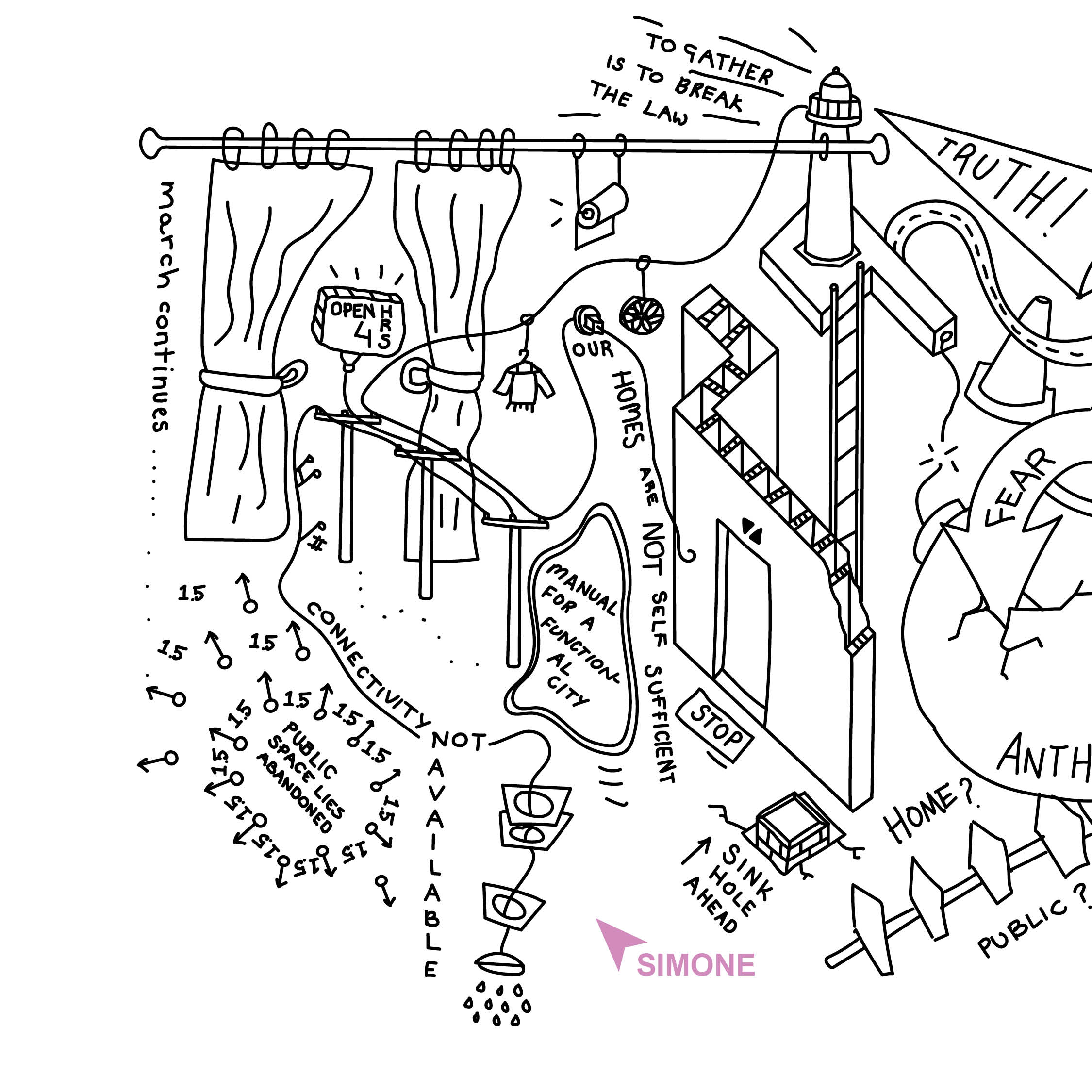
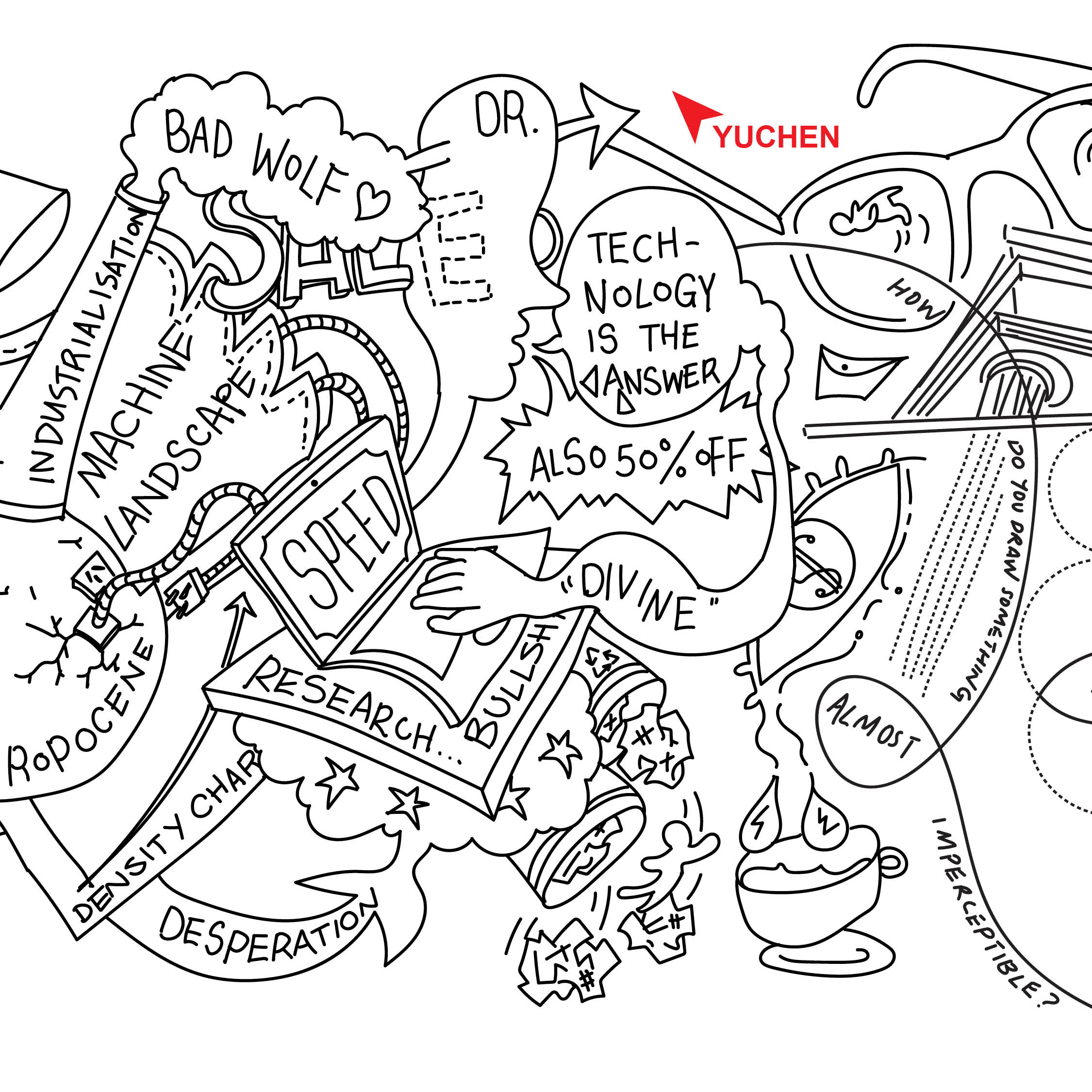
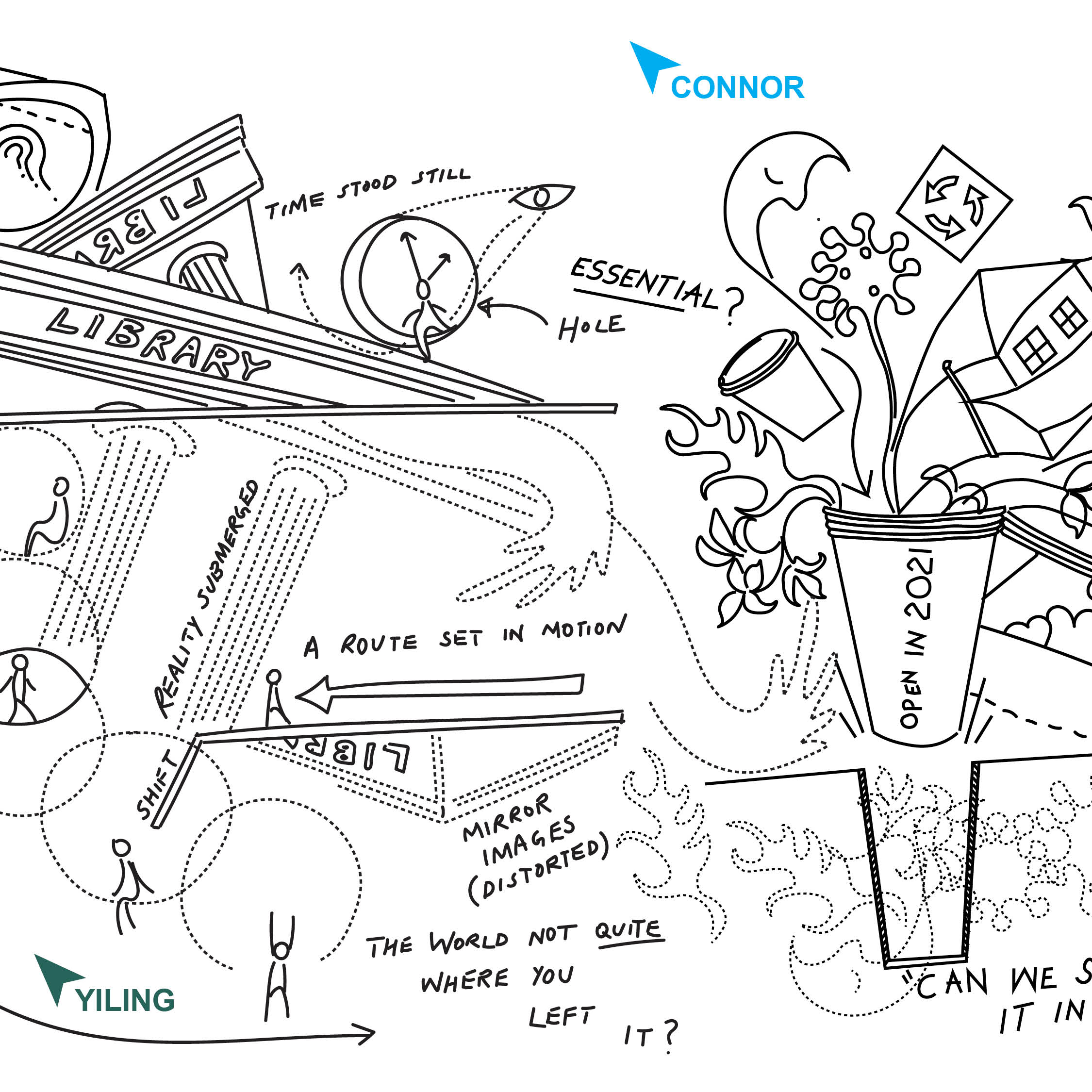
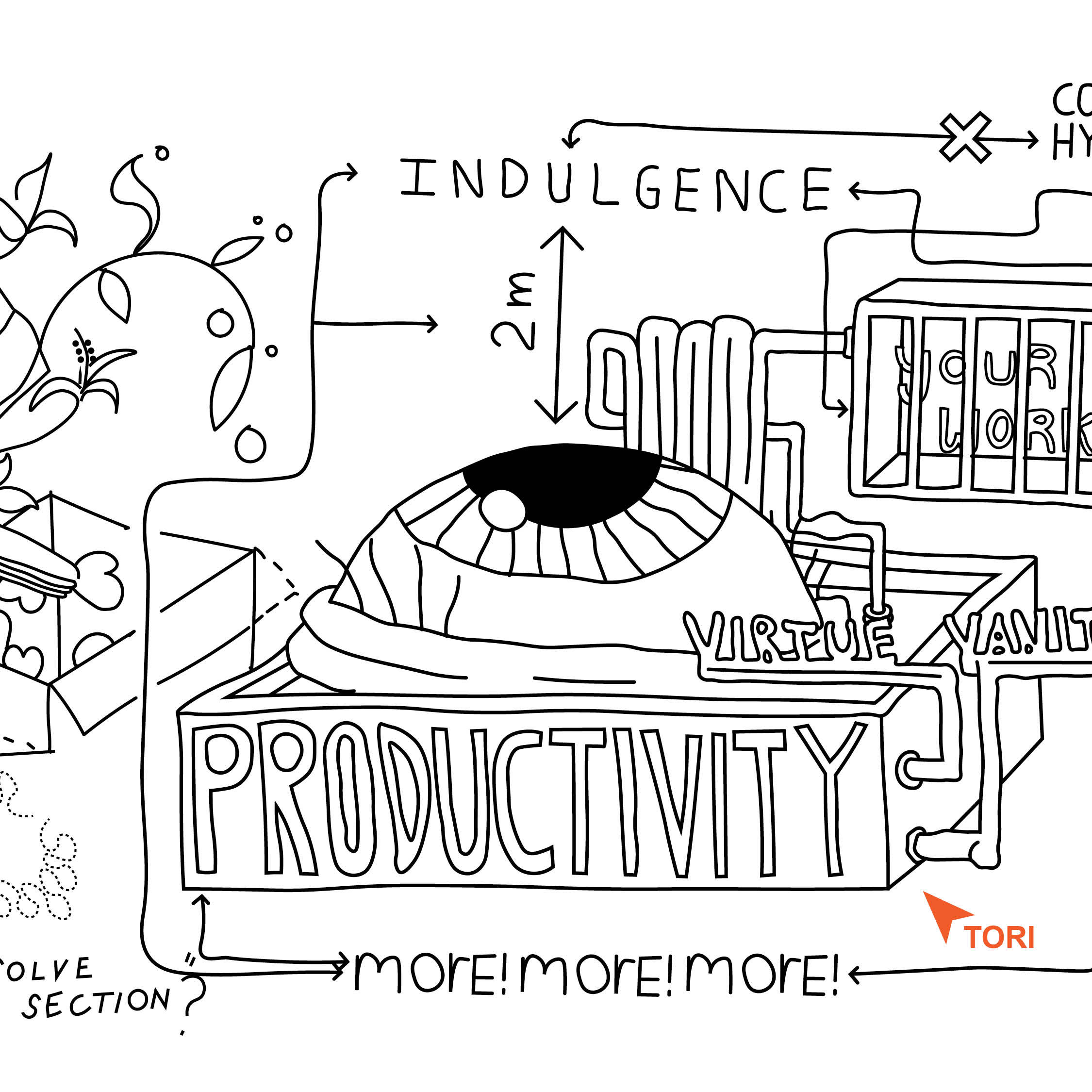
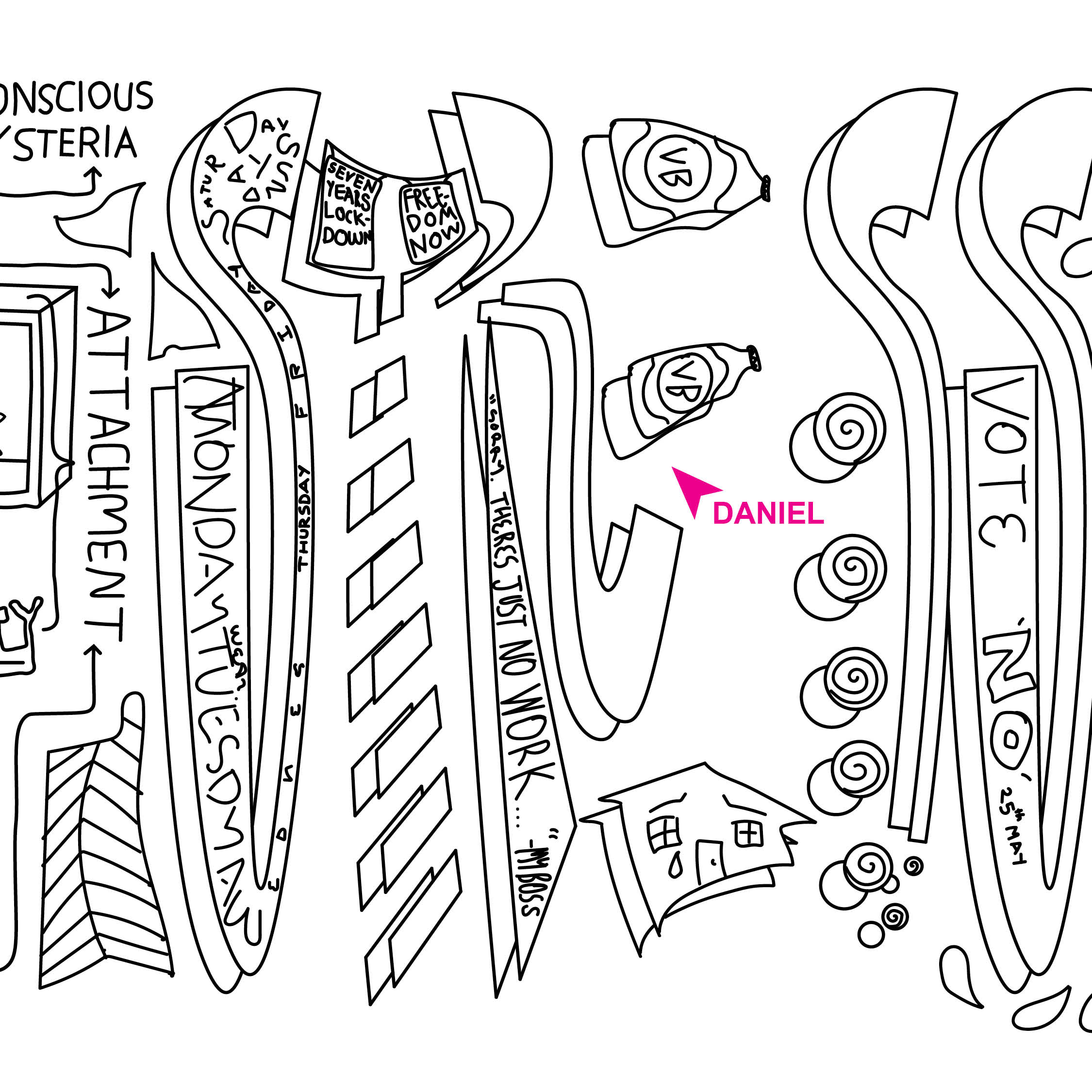
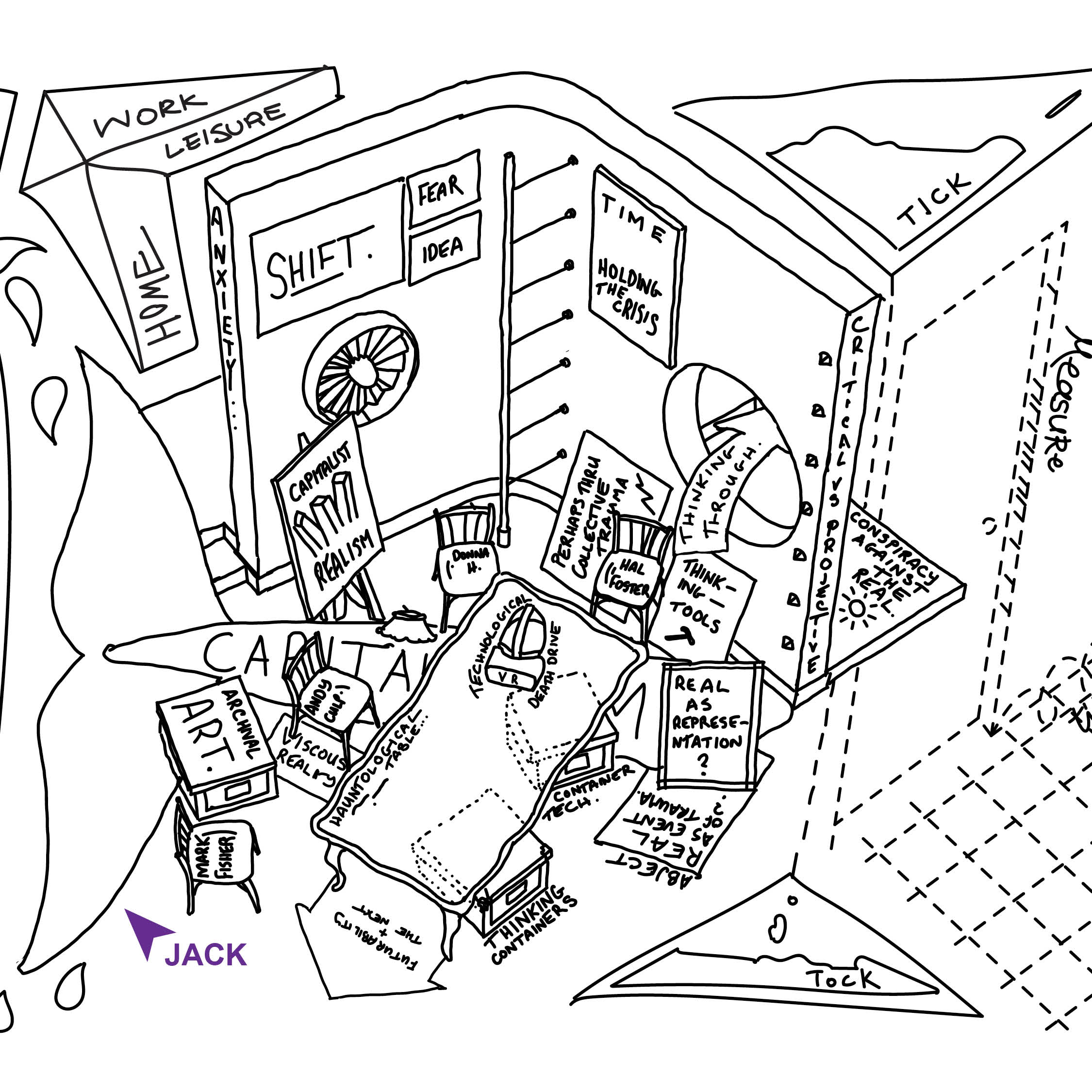
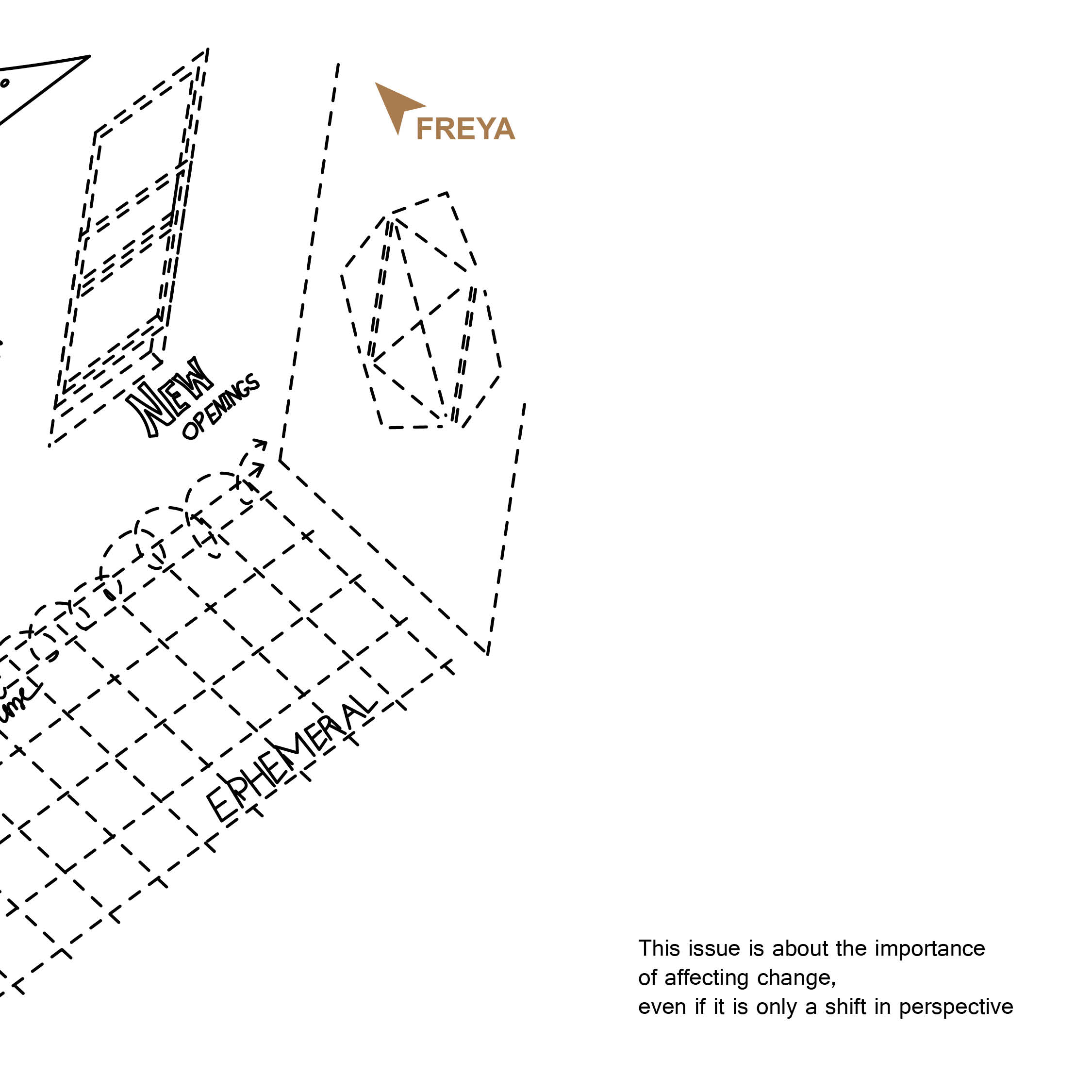
Caliper Journal’s seventh issue - Shift, is a piece of memorabilia, a digital time capsule for this moment we are all living through. Published online over the next two months this issue releases weekly morsels of content as a way of archiving our hopes and anxieties, to re-contextualise and respond to the world as it exists now.
Public spaces for which we have advocated for years lie abandoned, illegal, as we sit and ponder at home. What we know to be a functional city is turned on its head and the private realm begins to encapsulate our realities.
Our current situation has allowed us more time with ourselves, creating more space for the intangible and ephemeral. It has encouraged us to question our definition of economic productivity, as the importance of indulgence and endurance are re-evaluated in our shifting circumstances. It has created a space for us to redefine the dichotomy of work and recreation and granted us time to reconnect with the people and things we love.
Shift is about changing how we think and rethinking how we live. The current state of the world has lifted the curtain and exposed certain truths, changing the way we think about how we study, live, and practice. It exposes equality and inequality and it has shown, more clearly than ever, that the events that shake our world affect some more potently than others. For many of us, the pandemic has simply shifted a lifestyle, while for others, it has completely uprooted their lives. It is a magnification of our society as the mirage of security has been pulled away.
Architecture is the envelope in which we live our lives, holding within its walls the traces of our sighs, our frustrations, and now, perhaps, a sense of hopelessness and uncertainty. It becomes the envelope for our new shifted, distorted version of reality, where time takes on a different form: endless and all-consuming. Through drawings, essays, and conceptual projects, our new issue of Shift attempts to catalogue these experiences, and we encourage responses via this digital landscape.
This issue is about the importance of affecting change, even if it is only a shift in perspective.
Public spaces for which we have advocated for years lie abandoned, illegal, as we sit and ponder at home. What we know to be a functional city is turned on its head and the private realm begins to encapsulate our realities.
Our current situation has allowed us more time with ourselves, creating more space for the intangible and ephemeral. It has encouraged us to question our definition of economic productivity, as the importance of indulgence and endurance are re-evaluated in our shifting circumstances. It has created a space for us to redefine the dichotomy of work and recreation and granted us time to reconnect with the people and things we love.
Shift is about changing how we think and rethinking how we live. The current state of the world has lifted the curtain and exposed certain truths, changing the way we think about how we study, live, and practice. It exposes equality and inequality and it has shown, more clearly than ever, that the events that shake our world affect some more potently than others. For many of us, the pandemic has simply shifted a lifestyle, while for others, it has completely uprooted their lives. It is a magnification of our society as the mirage of security has been pulled away.
Architecture is the envelope in which we live our lives, holding within its walls the traces of our sighs, our frustrations, and now, perhaps, a sense of hopelessness and uncertainty. It becomes the envelope for our new shifted, distorted version of reality, where time takes on a different form: endless and all-consuming. Through drawings, essays, and conceptual projects, our new issue of Shift attempts to catalogue these experiences, and we encourage responses via this digital landscape.
This issue is about the importance of affecting change, even if it is only a shift in perspective.
Daniel Bickle-Lazarow, Simone Chait, Yuchen Gao
Connor Hanna, Victoria Marquez, Jack Murray, Yiling Shen and Freya Solomon
Connor Hanna, Victoria Marquez, Jack Murray, Yiling Shen and Freya Solomon
